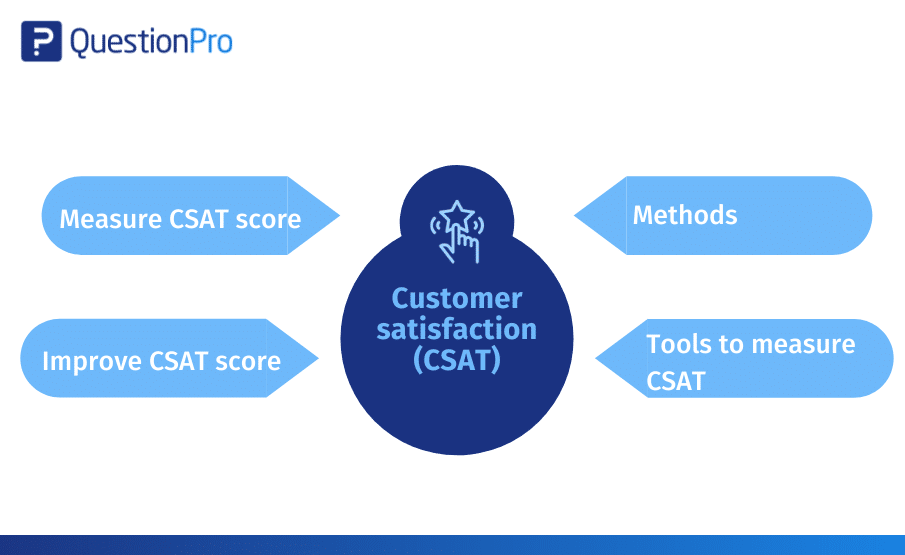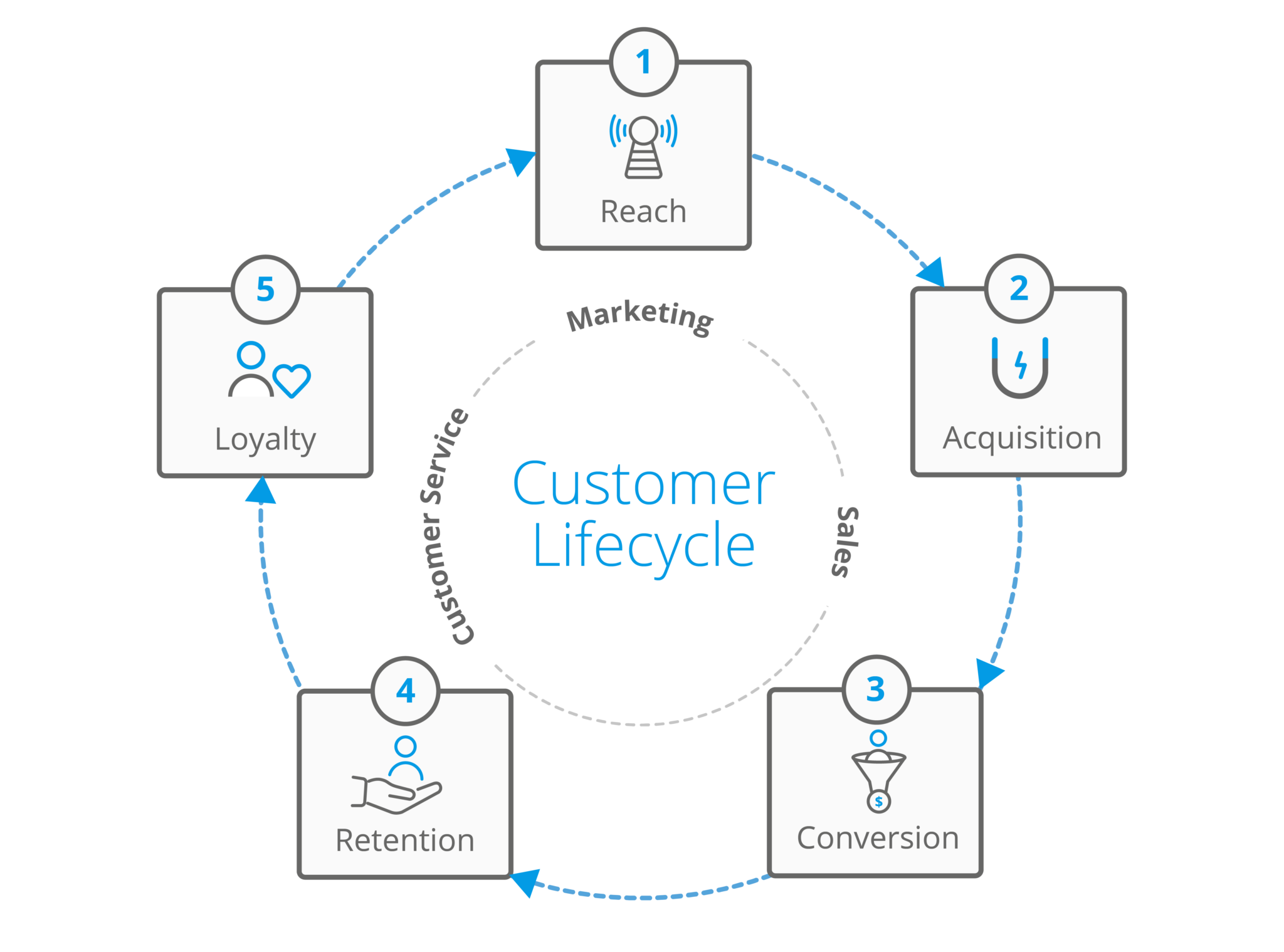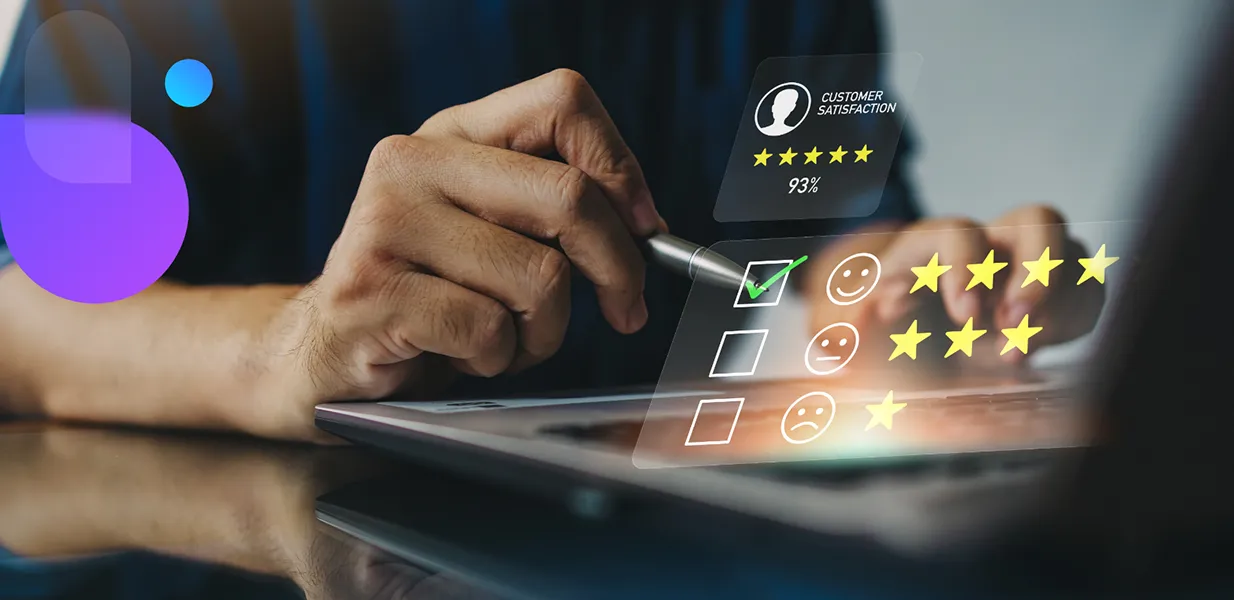In today’s fast-paced retail and service environment, businesses that deal directly with customers—like e-commerce stores, clinics, salons, banks, and delivery platforms—must track behavior, respond fast, and personalize every interaction. That’s where the real value of CRM for B2C comes in.
Customer Relationship Management (CRM) isn’t just for big corporations anymore. In 2025, small and mid-sized B2C businesses rely on CRM tools to manage thousands of customer interactions in real time. But with many options out there, choosing the right solution can feel overwhelming.
This article breaks it down clearly: what B2C CRM is, why you need it, which tools are best, and how to avoid common mistakes. With insights from Tamer Badr, CEO of Singleclic.
People Are Always Asking: Is CRM for B2C Worth It?
Yes. And not just for the big players.
CRM isn’t about fancy dashboards. It’s about knowing your customer, predicting what they want, and giving it to them before they ask.
“If you don’t manage your relationship with customers actively, someone else will,” says Tamer Badr, CEO of Singleclic.
“The right B2C CRM helps you keep them loyal without annoying them.”
What Is CRM for B2C?
CRM for B2C refers to software tools designed to help businesses manage individual customer relationships. Unlike B2B systems that deal with accounts and pipelines, B2C CRMs handle:
- High volume of individual consumers
- Shorter sales cycles
- Mass personalization
- Fast response times
- Multichannel communication (SMS, email, WhatsApp, social media)
Why B2C Businesses Need a CRM in 2025
- 🕒 Speed: B2C customers expect fast answers
- 🎯 Personalization: Send the right offer to the right person
- 📊 Data: Understand what drives purchases
- 🔁 Retention: Keep existing customers engaged
- 🔐 Privacy: Stay compliant with customer data laws
Benefits of CRM for B2C Companies
- Centralized Customer Profiles
Know who your customer is, what they’ve bought, and how they’ve interacted with you—all in one place. - Smart Campaign Automation
Schedule SMS or email campaigns based on customer behavior (e.g., cart abandonment, birthday offers). - Segmentation Made Easy
Divide your audience into groups like VIP customers, first-timers, or high-risk churners. - Real-Time Notifications
Get alerts when a lead opens an email or takes action on your website. - Feedback Collection
Automatically send satisfaction surveys post-purchase or post-service. - Improved Customer Support
Route inquiries based on priority or history, reducing response time.
Top CRM Tools for B2C in 2025
Here’s a brief comparison of the most used and recommended CRM solutions for B2C businesses:
| CRM Platform | Best For | Pros | Cons |
| Singleclic CRM | Businesses across all regions | Offers both Odoo CRM and Microsoft Dynamics 365 CRM, globally available | May require customization for niche industries |
| HubSpot CRM | Small to mid-sized businesses | Free tier, email tracking, workflows | Gets costly with scale |
| Zoho CRM | Budget-conscious users | Affordable, customizable, AI insights | Clunky interface |
| Salesforce | Large enterprises | Scalable, powerful analytics | Expensive, steep learning curve |
| Freshsales | Growing e-commerce firms | Easy to use, email + call tracking | Basic reporting in free version |
“At Singleclic, we support both Odoo CRM and Microsoft Dynamics 365 CRM, fully integrated and ready for any business across any country,” says Tamer Badr.
“We don’t lock our clients into one solution. We provide what actually fits their business goals.”
🔗 Learn more about Singleclic CRM services
Potential Drawbacks of CRM Systems
While CRM tools are powerful, they’re not magic. Here’s what to watch for:
- ❗ Over-automation: Nobody likes robotic messages. Keep it human.
- 💸 Hidden costs: Some CRMs charge extra for reports, emails, or users.
- 📉 Low adoption: If your team doesn’t use it, it’s worthless. Train them well.
- ⚙️ Integration issues: Not all CRMs connect smoothly to your website, POS, or payment systems.
- 🔐 Privacy rules: You must follow GDPR or local data laws when storing personal information.
How to Choose the Right B2C CRM
Ask yourself these questions:
- How many customers do I manage monthly?
- What channels do my customers use most—WhatsApp, email, SMS?
- Do I need a CRM that speaks Arabic or supports local compliance like ZATCA?
- What is my budget over 12 months?
- Will my team actually use this?
Customer Reviews
Nada H. – Owner, Online Boutique (Cairo)
“After using Singleclic CRM, our return customer rate jumped by 30%. We now know exactly who to target with offers.”
Faisal A. – Clinic Manager (Jeddah)
“We automate reminders, follow-ups, and even birthday greetings. Our patients love it.”
Hassan K. – Restaurant Chain Founder (Riyadh)
“Tried 3 CRMs before settling on one that works in Arabic and integrates with our POS. Singleclic delivered.”
Frequently Asked Questions
Q: What’s the difference between B2B and B2C CRM?
A: B2B CRMs focus on account-based selling and long sales cycles. B2C CRMs manage large volumes of individual customers with faster interactions.
Q: Can I use a B2B CRM for a B2C business?
A: Technically yes, but it will be overcomplicated. B2C CRMs are simpler, faster, and more customer-centric.
Q: Is CRM only for email marketing?
A: No. CRM includes SMS, WhatsApp, website tracking, loyalty campaigns, and customer service tools.
Q: How long does CRM setup take?
A: Basic systems can be live in a few hours. Custom setups (like POS or ERP integration) take days or weeks.
Q: What’s the cost of a good CRM for B2C?
A: Ranges from free (with limits) to $50–$300/month depending on features and user count.
Action Plan to Get Started
- List your most common customer interactions.
- Choose a CRM that supports your channels and language.
- Ask for a demo or trial from providers.
- Assign one person to lead the implementation.
- Start small—one workflow or one customer group.
- Expand once your team is confident.
Final Thoughts
CRM for B2C isn’t about tracking people—it’s about connecting better. In 2025, customer loyalty depends on relevance, speed, and experience. A good CRM delivers all three.
“We’ve seen small businesses grow fast just by knowing their customers better and acting faster,” says Tamer Badr.
“CRM gives you that edge—if you use it right.”
So whether you’re running a clinic, e-store, or a chain of cafés, now’s the time to get smart with your customer data. And if you’re in the MENA region, don’t overlook locally built tools like Singleclic CRM. It’s made for your needs—with none of the fluff.









